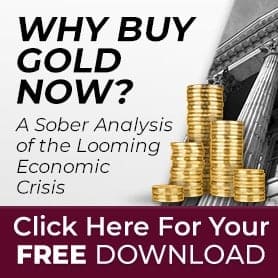SchiffReport recorded Saturday, May 6
- On Wednesday of this week, the Federal Reserve against a rate hike in May
- But based on their official statement, the market assigned a much higher probability
- To a rate hike coming in June
- In fact, following Friday’s slightly better-than-expected Non-Farm Payroll report, the probability of a June rate hike is not near 100%
- In other words, the markets are certain that a quart-point hike is coming next month
- If the Federal Reserve does raise its rates by a quarter point, that will bring the floor of the official rate finally up to 1%
- The ceiling being 1.25%, so presumably the Fed will target a Fed funds rate somewhere between 1 – 1.25%
- This is still an exceptionally low interest rate indicating extreme monetary accommodation
- Remember, 1% is the absolute low that Alan Greenspan lowered interest rates to in the aftermath of the 2001 recession and the 9/11 terrorist attack
- That artificially low interest rate really provided the air for the housing bubble that resulted in the 2008 Financial Crisis
- So despite these rate hikes, the Fed monetary policy remains extremely accommodative,
- Just not as accommodative as they were before
- If you recall, the main reason I was certain that the Fed was not like to deliver these rate hikes
- Is because I took the Fed at its word that it was data dependent
- And I believed that the Fed would use weak data as an opportunity or an excuse to not raise interest rates
- I was wrong about that, because the Federal Reserve has ignored all of the weakening economic data and has raised rates anyway
- It has raised them very slowly, but nonetheless, it has raised interest rates despite the fact that all the data they claim to depend on would not support that decision
- I thought for 2 reasons the Fed would not want to hike rates
- The first be to delay the onset of the next recession
- After all, raising rates into a weakening economy it would accelerate the onset of that recession
- I thought the Fed would always err on a delay
- But apparently, that is not a concern for the Fed
- One of the reasons this might be the case is because the Fed is concerned about having some ammunition to fight the next recession, rather than to postpone the onset
- Meaning that they want to get interest rates further above zero before the recession officially begins so that once it is here, they have more room to cut rates
- Another reason that the Fed has been more willing to raise rates has to do with the action in the U.S. stock market
- I thought the Fed would be reluctant to raise rates for fear of how higher rates might impact the stock market
- But it seems the stock market has found another prop
- It is no longer relying on cheap money; it now also relying on hope and optimism surrounding the election of Donald Trump
- And the idea that he is somehow going to “Make America Great Again”
- With deregulation, tax cuts and all sorts of economic stimulus
Podcast: Download










